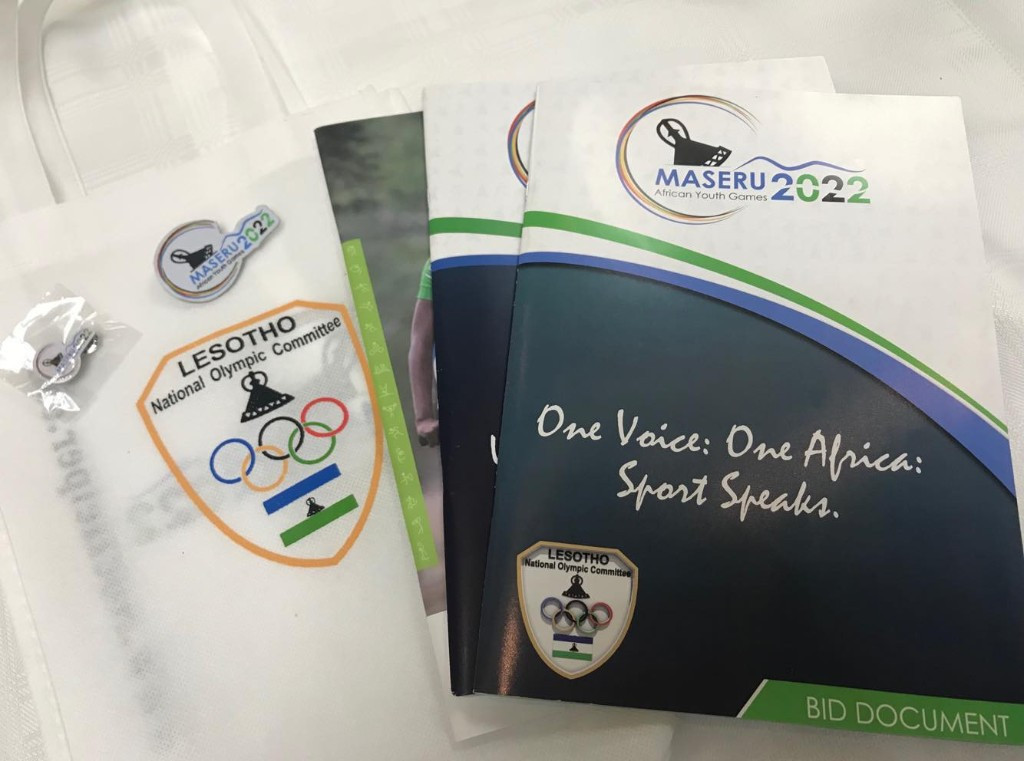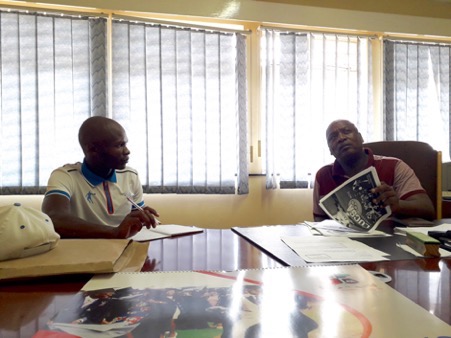 The Kingdom of Lesotho is a small, landlocked country in southern Africa, which shares a border with South Africa.It was a British Colony until as recently as 1966 but is now a fully sovereign state that is still coming into its own.
The Kingdom of Lesotho is a small, landlocked country in southern Africa, which shares a border with South Africa.It was a British Colony until as recently as 1966 but is now a fully sovereign state that is still coming into its own.
Similarly, the university sports movement there, while gaining momentum, has a long way to go. The Lesotho University and College Sports Association President Tsepang Mantutle accepts this as a challenge and believes they are making strides in the right direction. FISU student ambassador Samuel Khalane caught up with the LUCSA President to understand the direction they are headed in.
“It has always been difficult in the past, to keep the Lesotho University and College Sports Association in operation,” Tsepang Mantutle told Samuel. “The Federation was in suspension through the 1990s due to the political situations and we had to relaunch it in 2003.” He was referring to years of political turmoil and military coups through the 90s.
Even though things have changed for the better in the last decade or so, Mantutle said that just keeping LUCSA in operation is critical. “Students still don’t really understand how crucial sport is in everyday life,” he said. “We have a long way to go as a country at large, and even at LUCSA, we are still searching for the best ways to communicate with the university students and to the 18 institutes that are part of the Federation.”
The good news is that many university sports events are lined up in the next few years – ones that will certainly make the student bodies sit up and take notice. Lesotho’s capital city Maseru is slated to host the African Youth Games and the AUSC (African Union Sport Council) Region 5 Games, in 2022 and 2020 respectively. The AUSC is divided into seven competition zones due to the vastness of the African continent.
 “We are hosting regional games in June 2020,” explained Mantutle. “And we have around five delegates headed to the Napoli 2019 Summer Universiade. We see that students are still a bit reluctant and so we have to do much more than we are already doing, in terms of awareness campaigns.”
“We are hosting regional games in June 2020,” explained Mantutle. “And we have around five delegates headed to the Napoli 2019 Summer Universiade. We see that students are still a bit reluctant and so we have to do much more than we are already doing, in terms of awareness campaigns.”
The LUCSA President concluded that they are constantly working towards a thriving Federation, including garnering the vital external support.
“We have established a memorandum of understanding with the sponsors, mainly the Lesotho National Olympic Committee, Lesotho Sports and Recreational Commission and the Ministry,” he said. “LUCSA hosting these games in 2020 and 2022 has guaranteed a certain amount of success as these events will bring forth volunteers and participants from 18 institutes.”
Mantutle also urged student ambassador Samuel Khalane to engage as many students as possible in the volunteering endeavour, as LUCSA are keen on establishing a ‘Commission of Volunteers’ for the country, among the tertiary Institutes. Small steps, big goals.